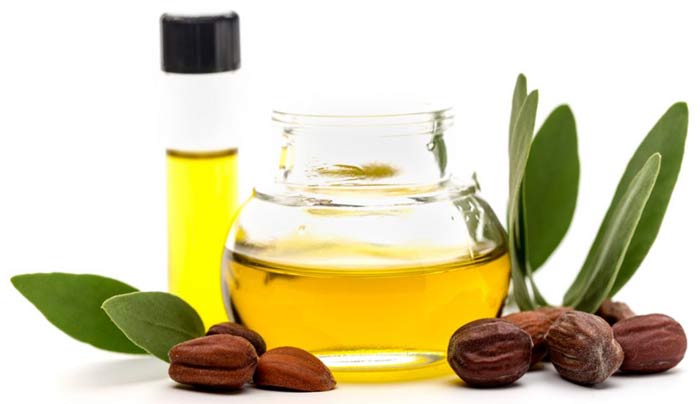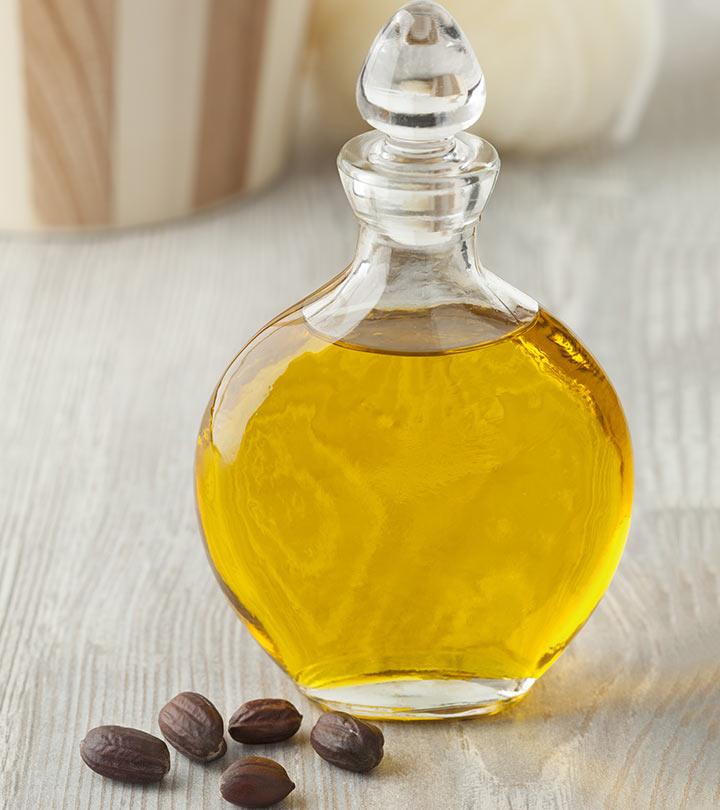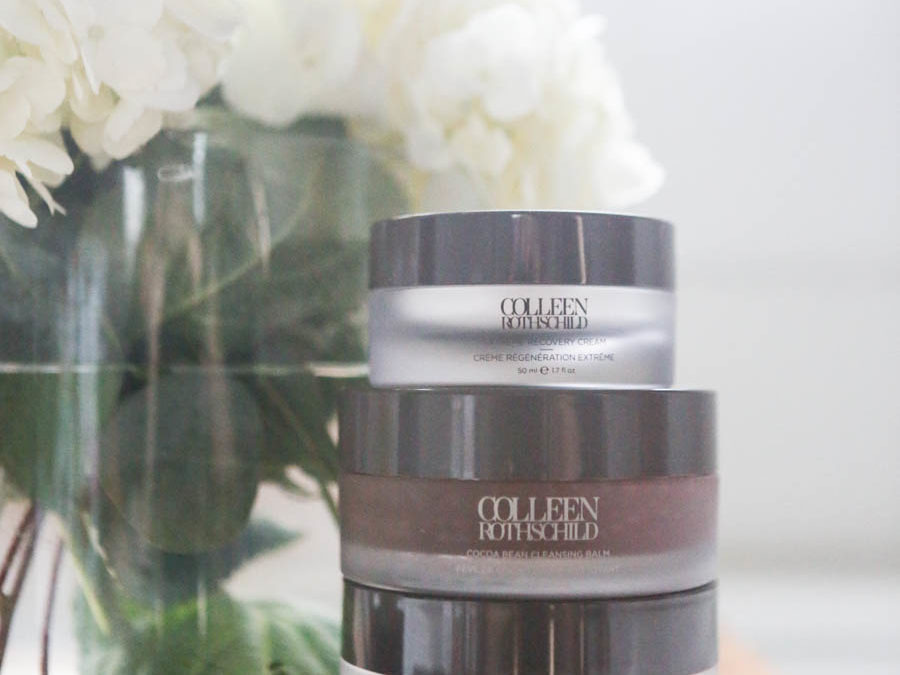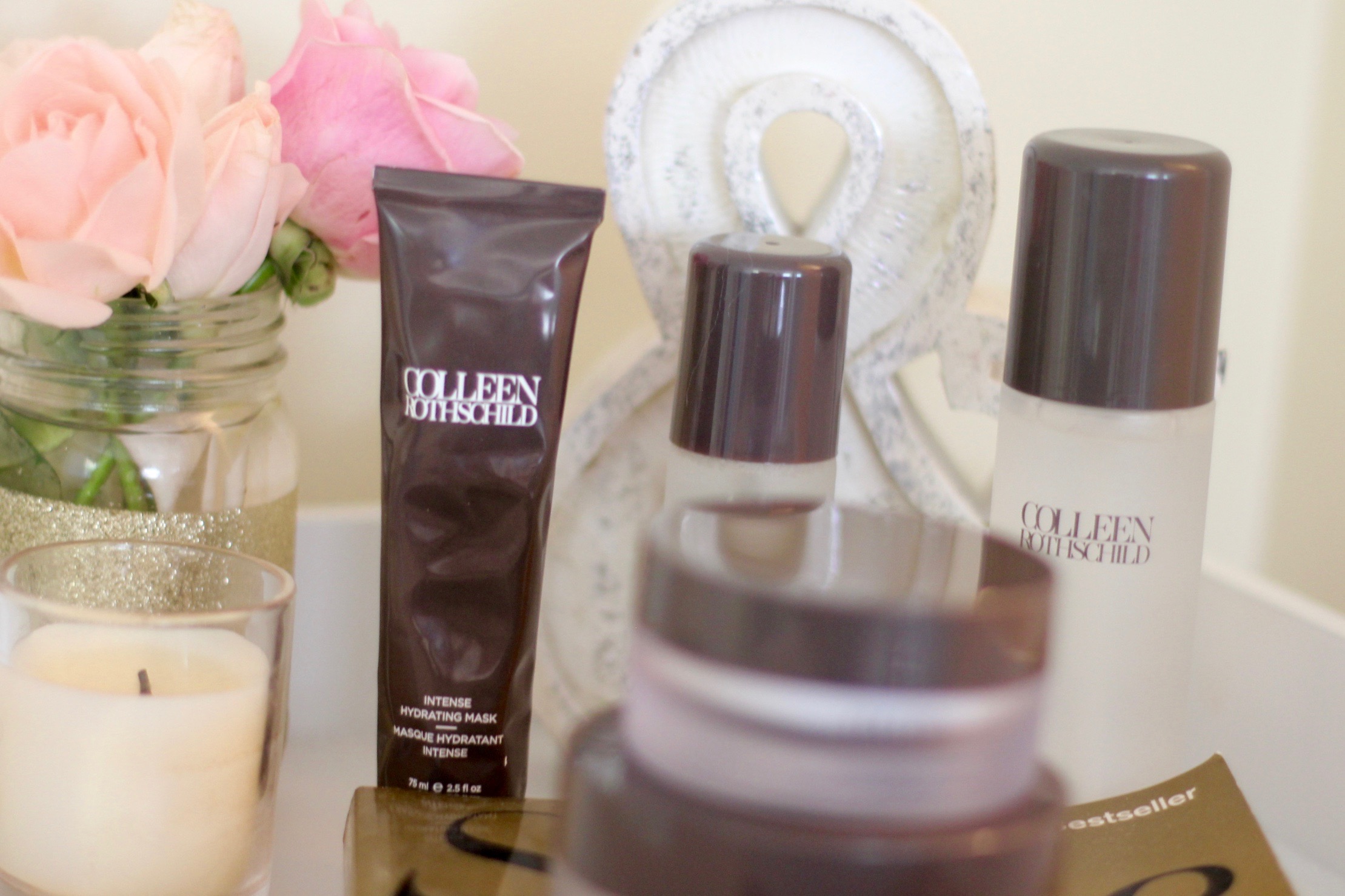Table Of Content

Apply it to damp hair and leave on for 20 minutes to see noticeably smoother and softer tresses, according to the brand. “But with any inflammatory disease, acne, rosacea, psoriasis or eczema, it’s always important to try new ingredients in small quantities over a limited area of skin before you just slather it on all over,” he cautions. Because of that, Dr. Vij recommends using jojoba oil at night when it comes to your skin care routine. “It’s that mix of both short-chain fatty acids, as well as long-chain fatty acids that’s going to help to strip away any oil soluble impurities from your skin when you use it as a makeup remover,” Dr. Vij states. Applying a solid shampoo isn’t much different from using a regular shampoo, according to our experts. First, ensure your hair is very wet before applying the product, and you’ll need to wet the bar as well.
Hair Oiling Is the Ayurvedic Secret to My Healthy, Silky Hair
The oil accounts for 50% of the jojoba seed and is extracted by cold-pressing, a process that helps maintain the rich nutritional value of the oil. Here’s why dermatologists believe this uber-versatile skincare oil deserves a spot in your medicine cabinet. It has a light yellow color, a slightly nutty taste, and a long shelf life due to its natural antioxidants.
What are best jojoba oils for hair, face, and body?
In fact, it has antibacterial and antioxidant properties and is full of vitamin E and other essential vitamins and minerals. It can also help soothe a sunburn and double as a makeup remover or cuticle oil. Many common hair and skin care products contain jojoba oil, but even on its own, jojoba oil1 is a powerhouse for your clean beauty routine. It's rich in beauty-boosting ingredients like vitamin E, vitamin B complex, copper, and zinc.
How to Use Jojoba Oil for Hair
Much like facial moisturizer and leave-in conditioner, jojoba oil should be applied as a final step for your skin and hair routines to lock in water and any other previously used product. You can apply four to six drops of oil directly to your face as a moisturizer, and three to five drops to your conditioner or one to two drops to damp hair after showering. Rosemary is a medicinal plant, the oil of which is used widely in haircare products to combat hair loss and promote hair growth (13). Rosemary, along with jojoba oil, can help strengthen the hair shaft and make your hair longer. Jojoba oil exhibits strong antimicrobial and antioxidant properties that can help promote the overall health of the scalp. According to a study, the use of antioxidants on the scalp can strengthen skin barrier function and reduce hair thinning, making your hair appear thicker and fuller (6).
"Jojoba oil, like sebum, does not penetrate the hair shaft—but it doesn’t need to penetrate to be effective," Sivasothy says. "Jojoba works best on the outside of the hair strand as a sealant against moisture loss." Similar to jojoba and coconut oil, argan oil is another plant-based oil that is used in the hair. This oil also is promoted to moisturize hair, as a frizz control, and to prevent hair breakage. However, a 2015 journal article reported that there is a lack of data to support its use in hair care. If you have a collection of shampoo bottles lining your shower walls, or are simply looking for a more sustainable alternative, you might want to consider a shampoo bar.
Davines Shampoo Bar Holder
It can be combined with rehydrating ingredients such as avocado, oatmeal, olive oil and eggs. If you have oily hair, consider this triangular-shaped bar, which uses ingredients like charcoal to detoxify the scalp, reduce excess oil, strengthen hair and maintain scalp health, according to Superzero. It also comes with its own bag for any broken pieces (continued use will eventually cause it to break), so you don’t waste any product, according to the brand.
‘Wow, my skin looks so young, how did I not know about this sooner?’ fans rave over $9 Amazon oil for face... - The Sun
‘Wow, my skin looks so young, how did I not know about this sooner?’ fans rave over $9 Amazon oil for face....
Posted: Fri, 16 Feb 2024 08:00:00 GMT [source]

Tests on animals in the review showed that excessive use could cause hyperemia (excessive blood flow) and thus possible heart damage. However, this was due to doses taken internally in the study, and it was not performed on humans. In tests on both human and animal subjects for skin sensitization, few instances of allergic reaction were observed.
Benefits of Peppermint Oil for Hair and Scalp - InStyle
Benefits of Peppermint Oil for Hair and Scalp.
Posted: Wed, 27 Sep 2023 07:00:00 GMT [source]
Overexposure to chemical treatments and not taking good care of your scalp can lead to an imbalance of microbiome on your scalp, leading to inflammation, which in turn can cause split ends. According to a study, using plant oils with moisturizing properties can treat a host of hair concerns, including split ends, lice, dandruff, and hair loss (8). The oil is popular in the cosmetic industry and is widely used in the formulations of hair oils, shampoos, conditioners, soaps, and so on (1). From treating thirsty, dry scalp to strengthening hair follicles, jojoba oil hair treatment can offer a myriad of benefits. If using jojoba oil for hair benefits, start by massaging a few drops into the scalp.
"Jojoba is actually an ester extracted from the seeds of the jojoba plant," explains Blakley. The natural oil is a popular ingredient because of its numerous properties—it’s moisturizing and packed with vitamins and minerals—that are universally beneficial for hair health. Today, you’re most likely to find jojoba oil in beauty and hair care products of many kinds. Jojoba oil aids in the removal of excess sebum that clogs your scalp pores. It can also be used to clean the hair and scalp, removing any greasy buildup or airborne particles. It has hair-restorative properties making it popular among hair care products.
The warmth created from the massage motions opens the pores and increases blood flow. Once the oil is adequately worked into the scalp and hair, wash with shampoo. Our sebaceous glands are microscopic glands in our skin that secrete an oily or waxy matter called sebum. The texture and use of sebum are very similar to jojoba oil, so as we age our sebaceous glands produce less sebum, which is why we get dry skin and hair — it can even lead to dandruff or itchy scalp. Thanks to the fatty acids and other vitamins and nutrients, jojoba oil is a great treatment for dry hair. Massage the oil itself into freshly washed hair and leave it in overnight to penetrate and nourish hair strands, suggests Dr. Durkin.
Jojoba oil is the liquid extracted from the seeds of the jojoba plant, which is a shrub native to the southwest region of North America. Bearing the scientific name Simmondsia Chinensis, the seeds of this plant are composed of nearly 50% oil. It is called an oil, but jojoba oil plants wax, which has been in use for thousands of years in medical practices. Research has also found that jojoba oil adds moisture to the hair, which can also prevent breakage and strengthen the hair. Jojoba oil is an excellent moisturizer that doesn't have the oily or greasy feel of other oils. It reduces skin evaporation without blocking the movement of gases and water vapor from the skin.
Jojoba oil is rich in vitamin E—a nutrient that works as an antioxidant to strengthen the capillary walls in the skin while improving elasticity and hydration. Research has even found that jojoba oil stimulates collagen synthesis8. Jojoba oil is one of those multitasking miracle workers that aids everything beauty-related, and just a few drops can go a long way in promoting overall skin and hair health. But since essential oils are powerful, it is better to use jojoba oil in limited quantities and with caution. Jojoba oil also helps in treating conditions like eczema and psoriasis on the scalp. A recent dermatological review confirms that moisturizing hair and scalp is one of the key benefits of jojoba oil.
We've got all of the details on this slick superstar, including what it is, where, how and when to use it, and much more. There’s coconut, rosehip, argan, and grapeseed oil, to name a handful—all of which contain unique properties that can benefit your skin and hair in impressive ways. This all-natural oil conditions strands, soothes dry patches, and even slow down the signs of aging. Here’s another one of Querisma’s top-recommended products—a lightweight hair oil formulated with jojoba, olive, and sunflower oils. “This is the perfect finishing product to smooth frizz, add shine, and break up a product cast after diffusing curly hair,” she says.










